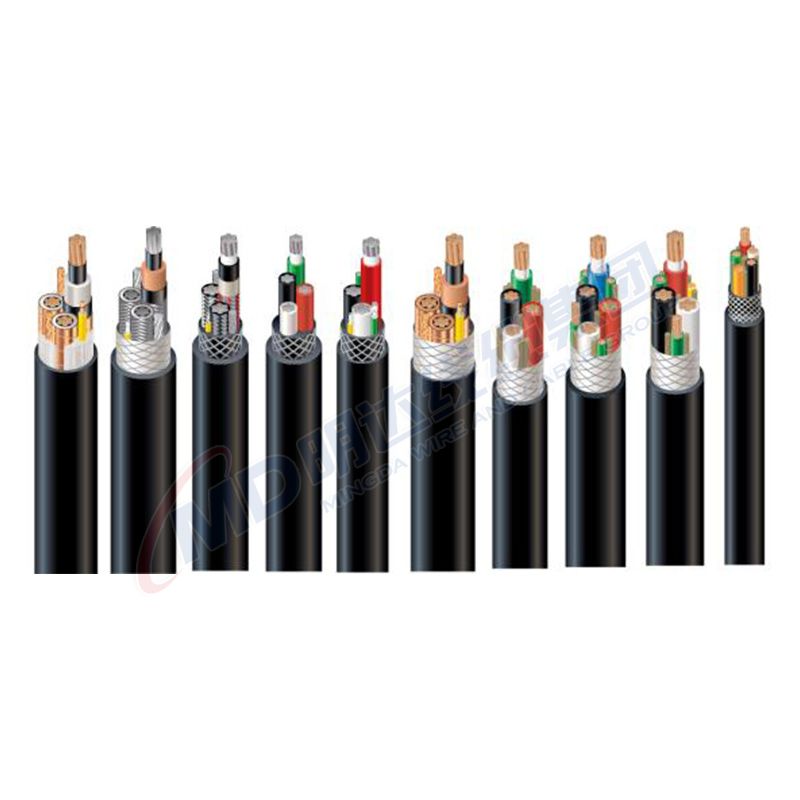11 月 . 02, 2024 07:38 Back to list
copper cable wire
Understanding Copper Cable Wire A Versatile Electrical Conductor
Copper cable wire is a crucial component in the modern electrical and telecommunications industries. Renowned for its excellent conductivity, copper is the preferred material for a wide range of applications, from power transmission to data communication. Its inherent properties contribute significantly to its popularity and effectiveness in conveying electrical signals.
One of the primary reasons copper is favored is its superior electrical conductivity. Copper has a conductivity rating of about 59.6 x 10^6 S/m, making it one of the best conductors available, second only to silver. This exceptional conductivity allows for minimal resistance, translating to decreased energy losses and improved efficiency in electrical systems. Consequently, industries ranging from residential wiring to large-scale power plants utilize copper wire to ensure reliable performance.
Copper cable wires are also highly durable and resistant to corrosion, further enhancing their utility. Unlike other conductive materials, copper can withstand various environmental conditions without degrading. This resilience is critical for outdoor applications, such as telephone and internet lines, which must endure weather fluctuations over time. Additionally, copper's flexibility makes it easier to work with in complex installations, allowing electricians to navigate challenging spaces without difficulty.
copper cable wire

Another important aspect of copper cables is their versatility. They come in various forms, including coaxial cables, twisted pair cables, and solid or stranded wire configurations. Each type serves a specific purpose; for instance, coaxial cables are commonly used for television and internet connections, while twisted pair cables are prevalent in telecommunication. This variety ensures that copper cable wire can meet the diverse needs of different technology systems.
Environmental considerations are increasingly influencing the demand for copper wiring. As industries shift toward greener technologies, copper's recyclability enhances its appeal. Used copper cables can be repurposed, significantly reducing waste and minimizing the environmental footprint associated with electrical installations. This sustainable aspect is crucial as society shifts toward more responsible consumption patterns.
In conclusion, copper cable wire stands out as an essential element in electrical wiring and telecommunication systems. Its unmatched conductivity, durability, flexibility, and recyclability make it a top choice for a wide array of applications. As technology continues to advance and the demand for efficient electrical solutions grows, the reliance on copper will likely remain steadfast, ensuring that it retains its position as a critical resource in modern infrastructure.
Share
-
Understanding the Differences Between Wafer Type Butterfly Valve and Lugged Butterfly ValveNewsOct.25,2024
-
The Efficiency of Wafer Type Butterfly Valve and Lugged Butterfly ValveNewsOct.25,2024
-
The Ultimate Guide to Industrial Swing Check Valve: Performance, Installation, and MaintenanceNewsOct.25,2024
-
Superior Performance with Industrial Swing Check Valve: The Essential Valve for Any SystemNewsOct.25,2024
-
Industrial Swing Check Valve: The Ideal Solution for Flow ControlNewsOct.25,2024
-
You Need to Know About Industrial Swing Check Valve: Functionality, Scope, and PerformanceNewsOct.25,2024